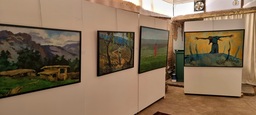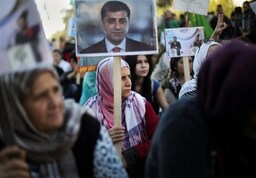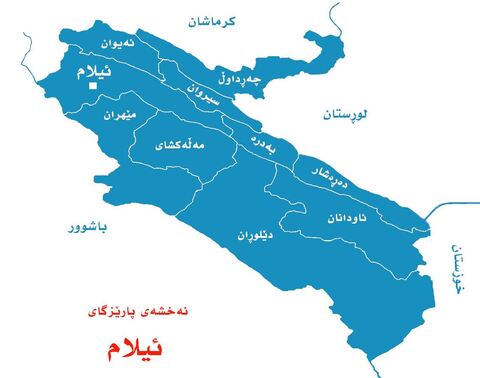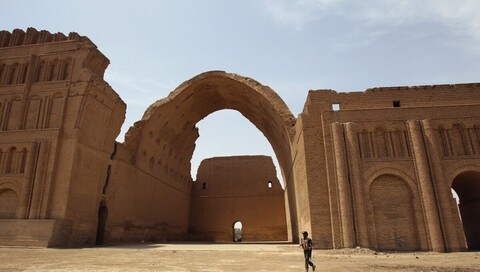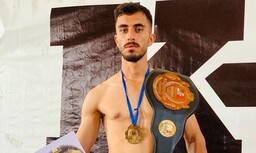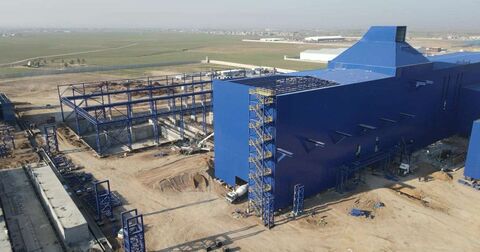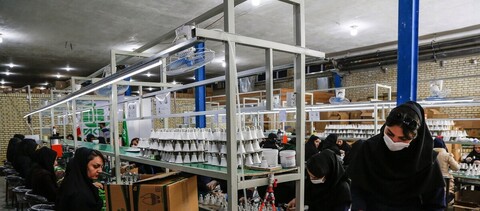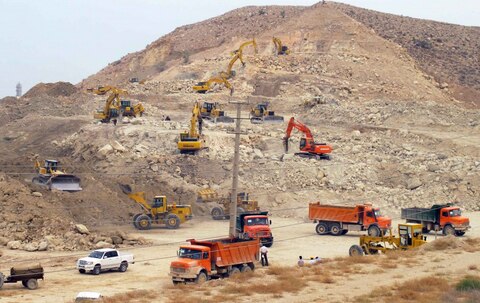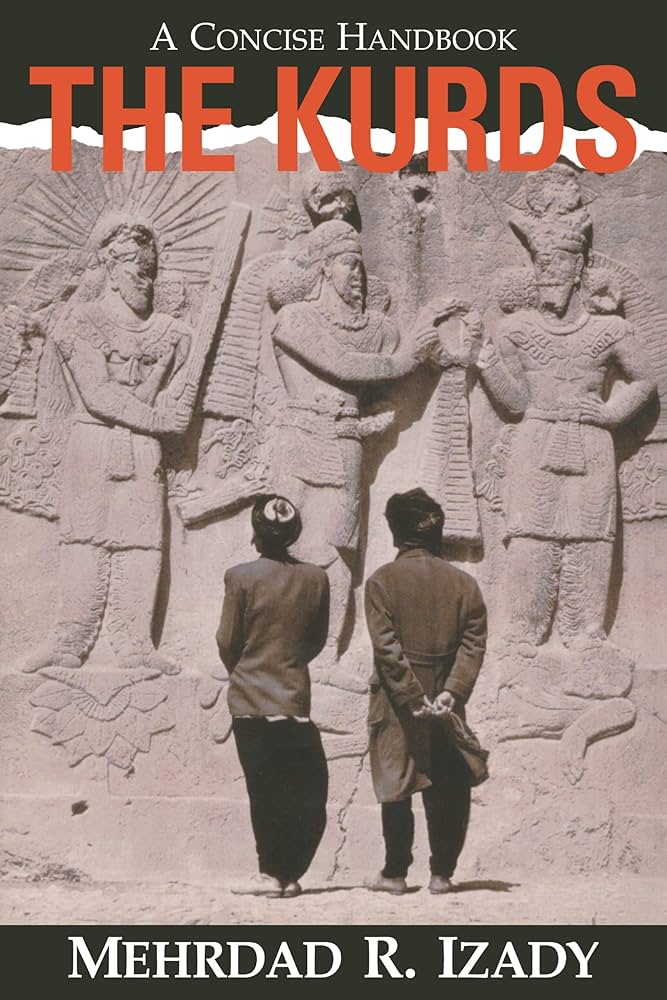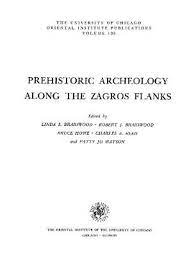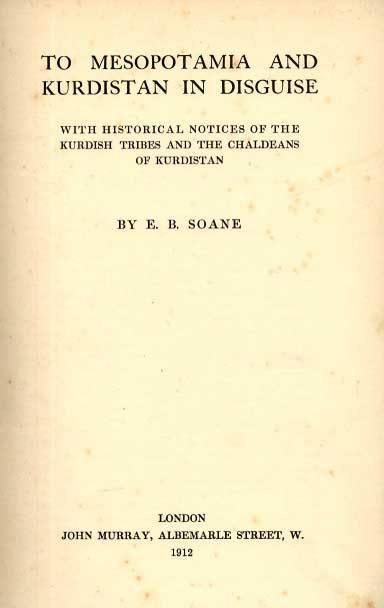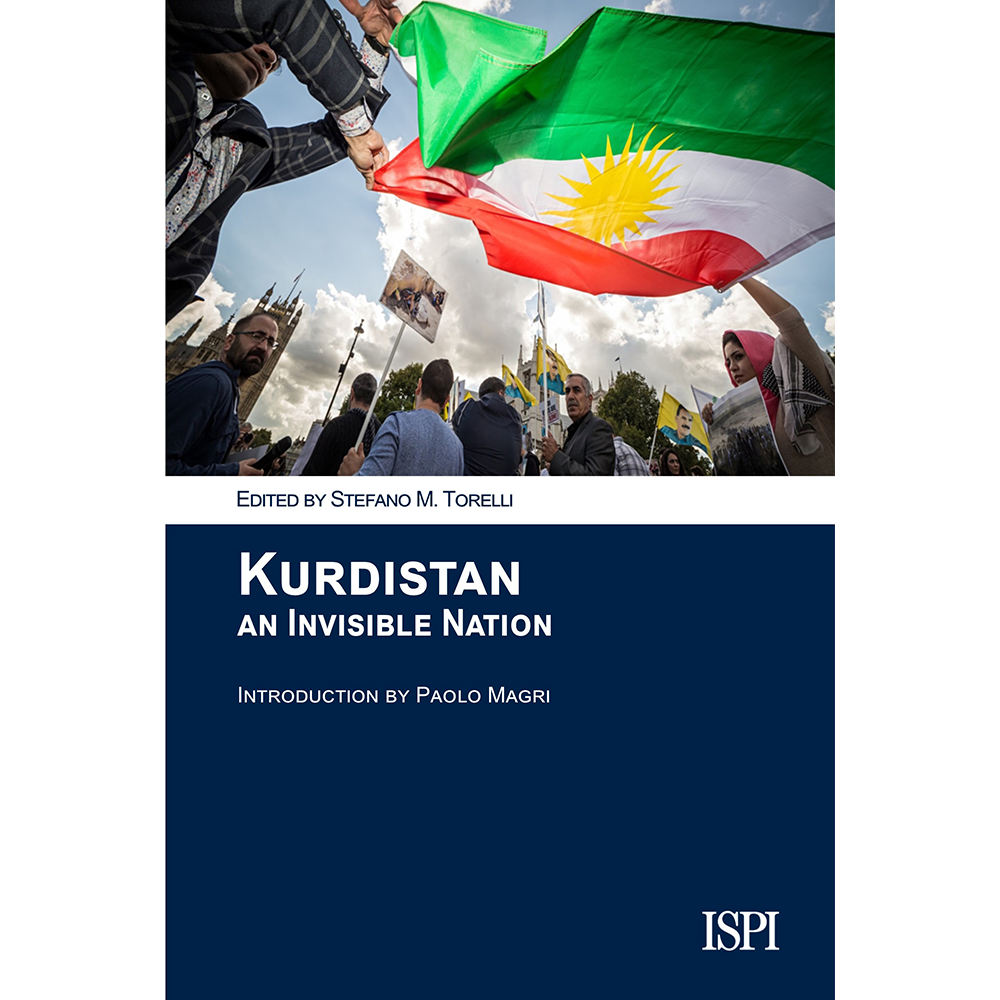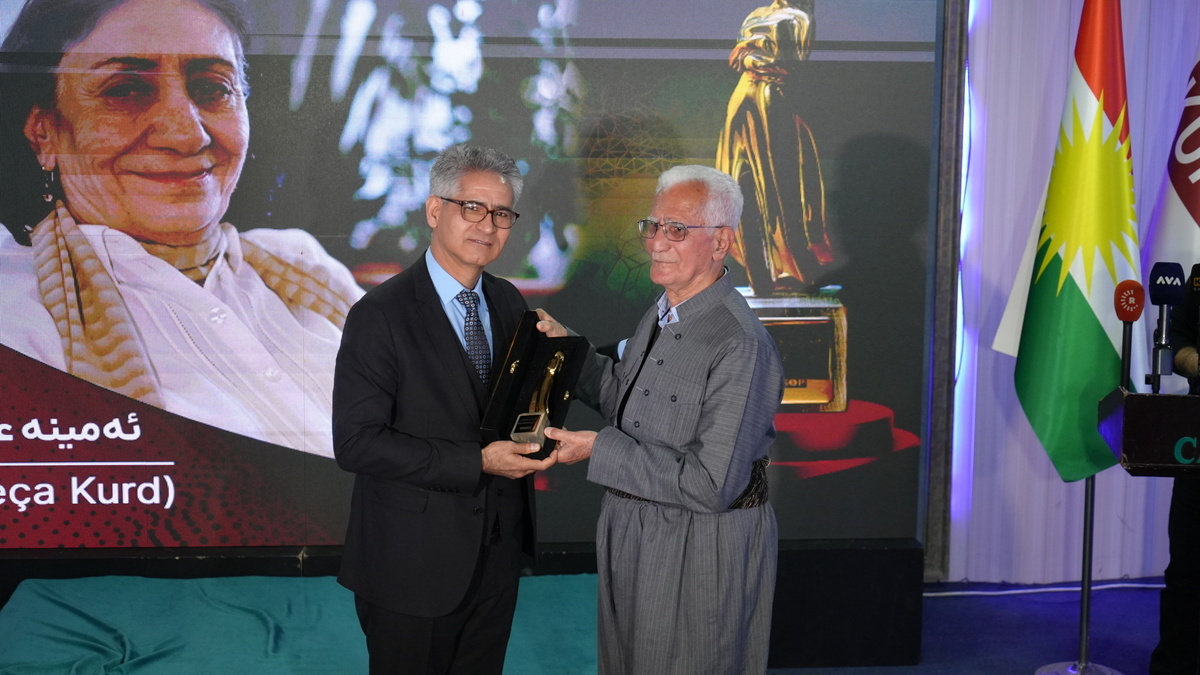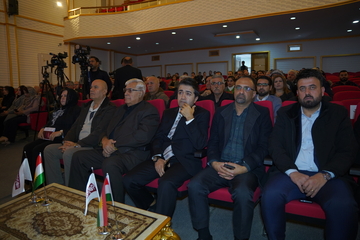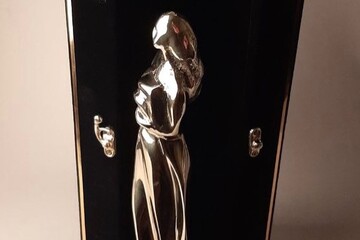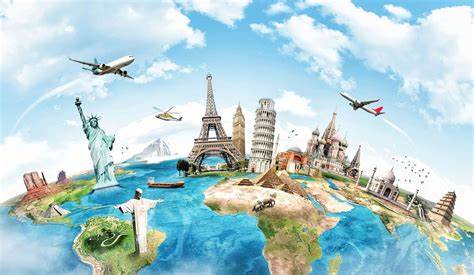Atrosa
1. Like fire; 2. Referring to the worshiper of fire; 3. The image of fire (or similar to fire); 4. Something that has come out of fire.
Kharan
Skilled in a job, getting used to work.
Zhiwaran
1. A village in the Dersim region of North Kurdistan; 2. Total environment. See Zhiwar.
Wandi
1. The changed form of want meaning owner; 2. Bowls, pots, dishes, pots, and pans; 3. A suffix for similarity; 4. The suffixes of the names of several tribes in Kurdistan, such as Aliwandi and Husseinwandi.
Khara
1. Kharan, a kind of precious piece; 2. Ready for work.
Dlavin
Late spring and early summer.
Ask
1. Deer; 2. It was the name of an ancient city near Ramhormoz in Khorasan province.
Chawder
Someone who monitors something.
Qade/ Ghade
1. Land, soil; 2. Game field.
Frishta
1. Servant of God in heaven, fairy; 2. Very beautiful; 3. Luck.

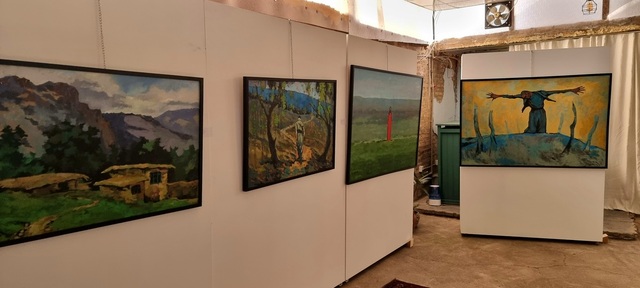
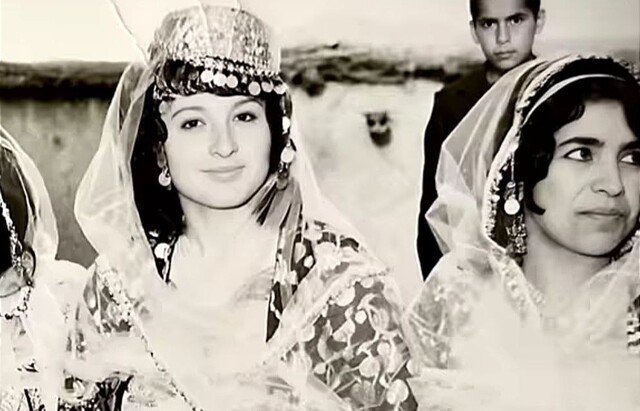

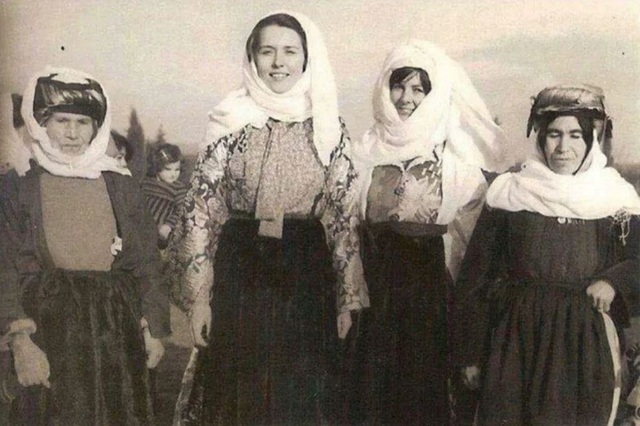
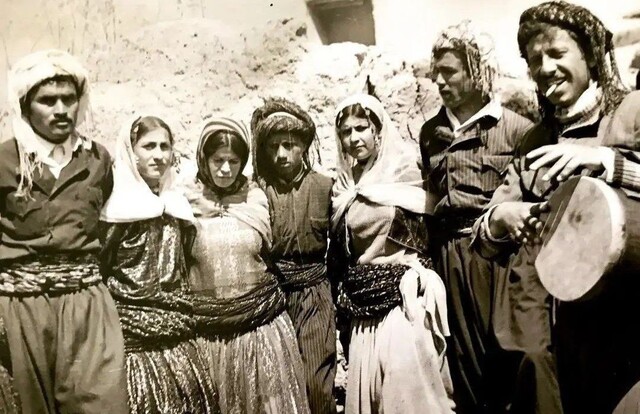
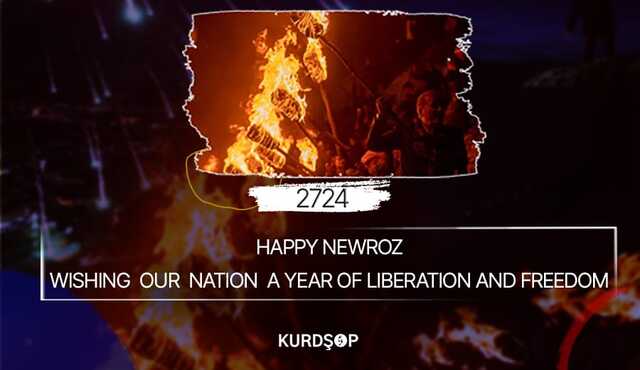
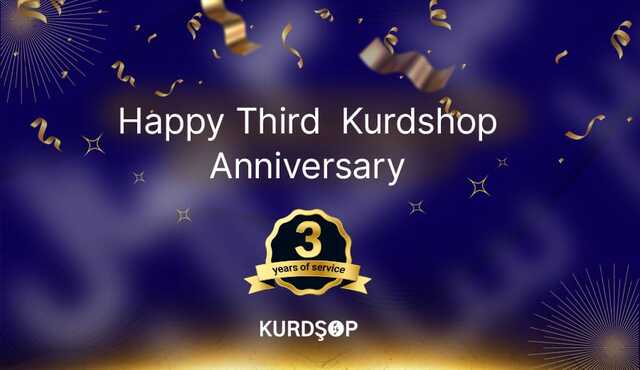
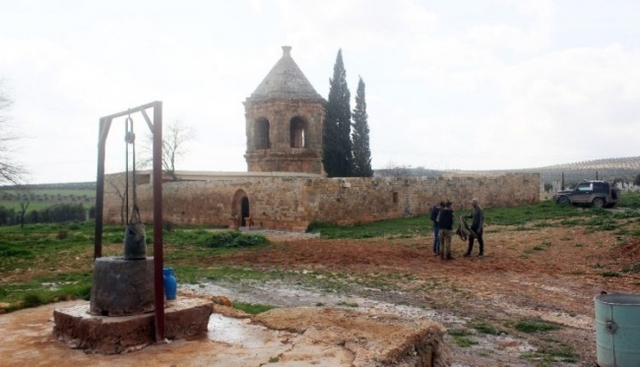
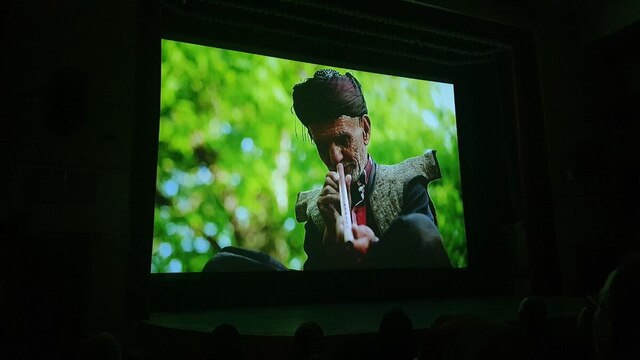
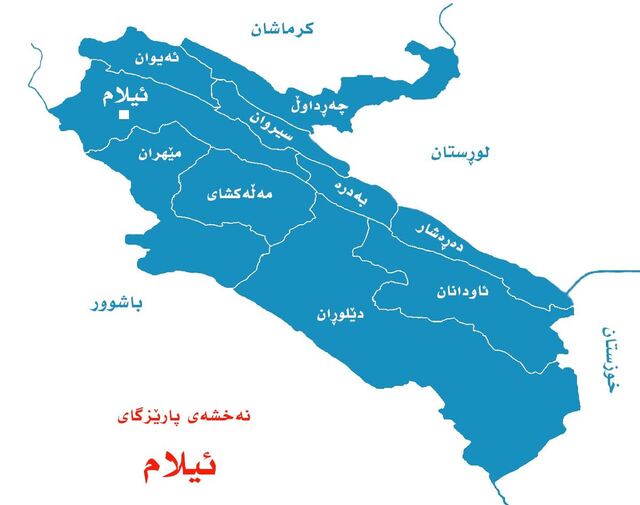
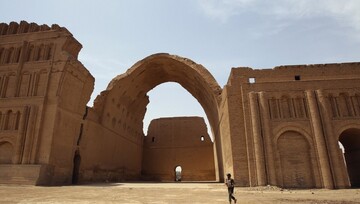
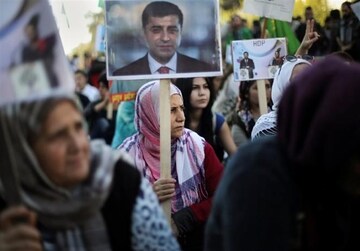

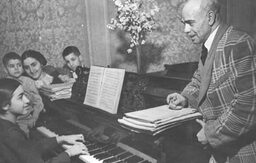
 Culture and Tradition
Culture and Tradition




